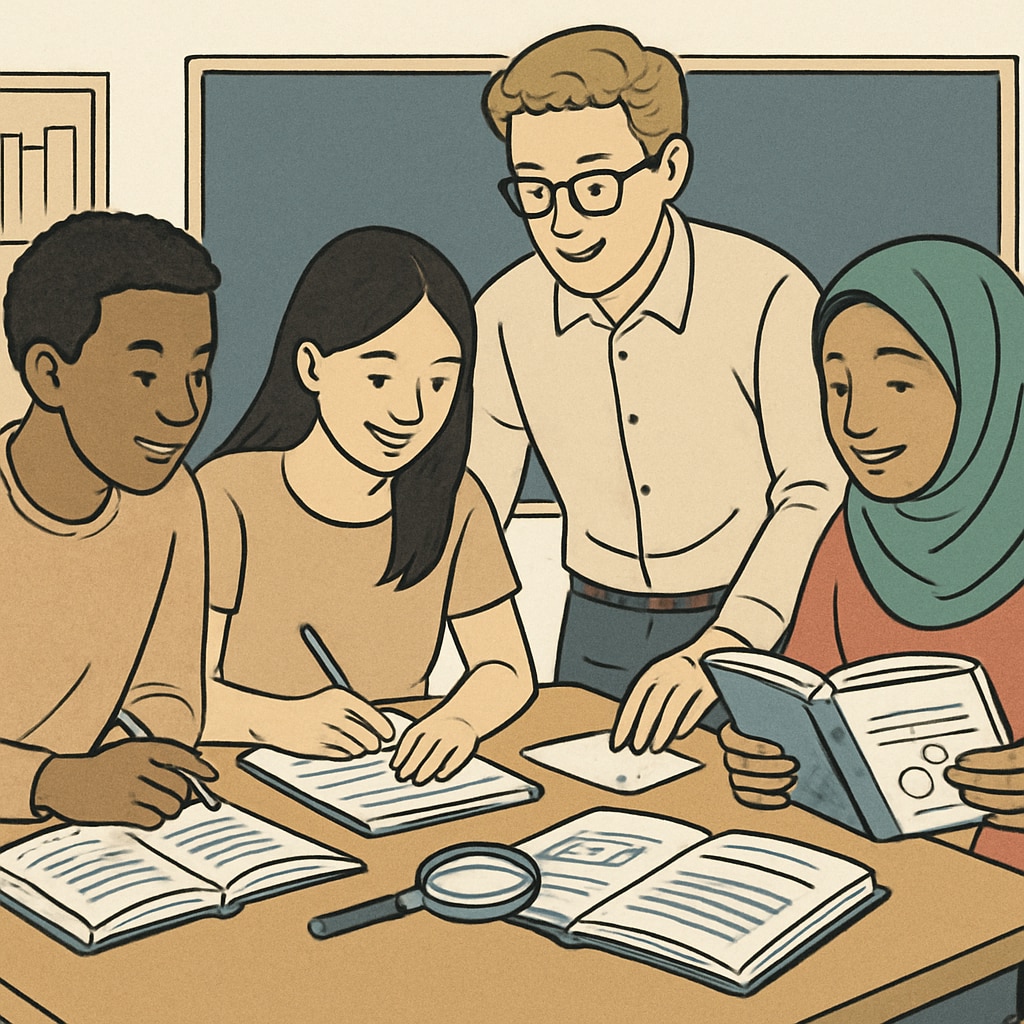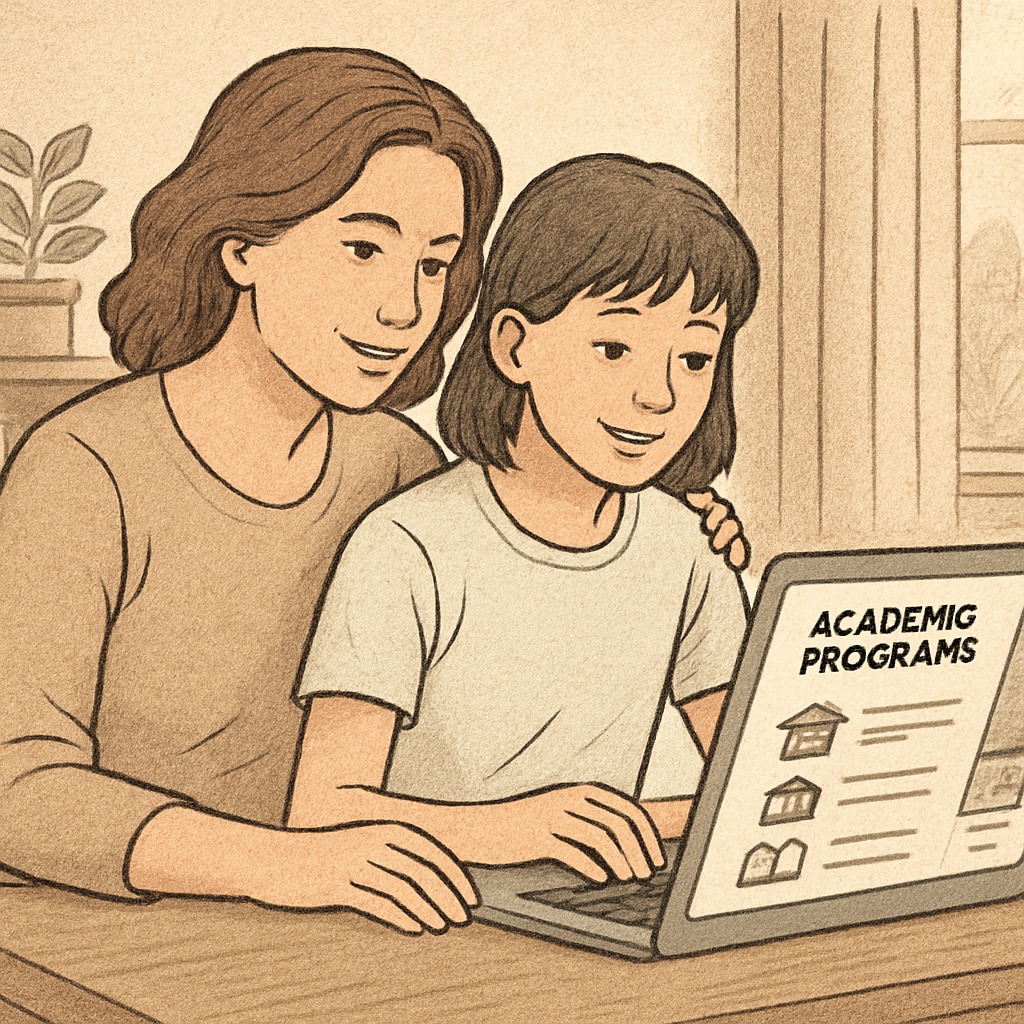Duke TIP, the Talent Identification Program, has long been a cornerstone for identifying and nurturing gifted youth through early academic evaluation, including initiatives like ACT testing. Following its closure, many parents and educators are left wondering how to support exceptional students in reaching their full academic potential. Fortunately, there are several alternatives available that can fill the gap and ensure gifted youth continue to thrive.
Why Was Duke TIP So Influential in Academic Development?
The Duke TIP program provided students with advanced learning opportunities, often through rigorous testing such as the ACT exam, and offered enrichment programs tailored to high-achieving individuals. Its value lay in early identification of gifted youth, allowing educators and parents to craft personalized learning experiences. Programs like Duke TIP helped foster intellectual growth and social connections among like-minded peers.
With its closure, families must now pivot to explore other avenues for early academic evaluation and enrichment, ensuring gifted youth are not left without resources to expand their horizons.

Top Alternatives to Duke TIP for Supporting Gifted Youth
While Duke TIP was unique, there are several programs and resources that offer similar benefits. Below is a list of notable alternatives:
- Johns Hopkins Center for Talented Youth (CTY): CTY provides testing, enrichment courses, and summer programs for gifted students. They utilize advanced placement tests and offer a range of subjects from STEM to the arts. Learn more about CTY at Johns Hopkins.
- Northwestern University’s Midwest Academic Talent Search (NUMATS): NUMATS helps identify academically talented students through early testing and provides guidance on curriculum acceleration. Explore NUMATS at Northwestern.
- Talent Search Programs: Similar to Duke TIP, talent search initiatives offered by organizations such as the Davidson Institute cater to early identification and development of gifted youth.
- Online Learning Platforms: Websites like Khan Academy and Coursera provide advanced courses that allow gifted students to explore subjects beyond their grade level.
These programs and resources can help bridge the gap left by Duke TIP, ensuring gifted students continue to receive the academic challenges they need to thrive.

How to Choose the Right Program for Your Gifted Child
Identifying the appropriate alternative for your child depends on their unique needs and interests. Here are some guidelines to consider:
- Evaluate Academic Goals: Determine whether your child needs advanced coursework, early testing, or social enrichment opportunities.
- Consider Accessibility: Some programs are online, while others require travel. Choose a program that fits your family’s logistical and financial situation.
- Seek Recommendations: Consult educators or other parents of gifted youth to find programs with proven results.
- Review Curriculum: Ensure the program offers subjects and opportunities that align with your child’s passions and strengths.
By carefully evaluating these factors, parents can ensure their child continues to receive the academic stimulation and support they need.
The Role of Early Testing in Gifted Development
One of Duke TIP’s highlights was the use of early academic evaluation tools like the ACT exam to identify gifted youth. While the program is no longer available, families can still access these tests through other organizations. For example, the ACT and SAT remain widely available for younger students seeking advanced placement opportunities.
Additionally, online diagnostic tests and assessments can help pinpoint areas of strength and interest, allowing parents to tailor enrichment activities to their child’s needs. Early testing remains an essential tool in developing personalized academic pathways for gifted youth.
In conclusion: The closure of Duke TIP is a loss for many families, but it also opens the door to exploring a variety of alternatives. By leveraging other talent search programs, enrichment courses, and early testing opportunities, parents can continue to support their gifted child’s academic growth and personal development. Remember, the journey of a gifted learner is unique, and the right resources can make all the difference.


